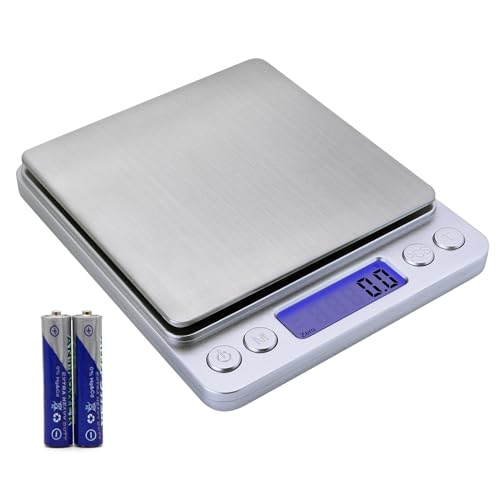vmakkers
Well-Known Member
So I did my third batch of soap today hoping this beer soap would turn out great but after further reading, I'm pretty sure I already messed it up. I simmered my beer to get rid of the carbonation and alcohol but it ended up being almost syrupy. I think I reduced the beer down way too much when trying to get rid of the bubbles and ended up with a sugar substance with no water... that was problem 1.
Now, I also realized that instead of measuring out the beer by volume to equal out the water, I measured it out by weight. Mistake number 2. I thought about how the beer would be heavier than water, and probably contained a high amount of sugar and not enough water for the lye to react with. It was already bad enough I did the beer by weight instead of volume, combined with the super reduced beer, I'm pretty sure this batch is going to end up lye heavy.
Is there any salvation?
Now, I also realized that instead of measuring out the beer by volume to equal out the water, I measured it out by weight. Mistake number 2. I thought about how the beer would be heavier than water, and probably contained a high amount of sugar and not enough water for the lye to react with. It was already bad enough I did the beer by weight instead of volume, combined with the super reduced beer, I'm pretty sure this batch is going to end up lye heavy.
Is there any salvation?










































